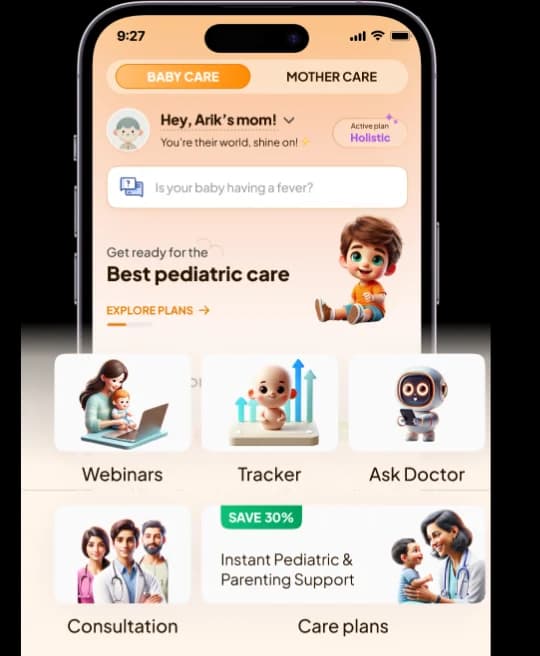
Introducing your baby to solid foods is an exciting milestone, marking a new chapter in their growth and development. However, it can also be a time filled with questions and uncertainties. This guide provides a comprehensive overview of when and how to start solids, along with practical advice to ensure a smooth transition for your baby.
When to Begin Introducing Solids
The World Health Organization (WHO) and the American Academy of Pediatrics (AAP) recommend starting solids at around the end of 6 months of age. At this stage, most babies have developed the necessary motor skills, such as sitting up with minimal support, showing interest in food, and losing the tongue-thrust reflex, which helps prevent choking.
However, every baby is different, and some may be ready a little earlier or later. It's essential to watch for cues from your baby, such as reaching for food, showing excitement during family meals, and being able to close their mouth around a spoon. Consulting with your pediatrician can also help determine the right time to start.

How to Begin Introducing Solids
Start Slow and Simple: Begin with single-ingredient purees to identify any potential food allergies. Offer small amounts, about 1–2 teaspoons, and gradually increase the quantity as your baby becomes more comfortable with eating.
Choose the Right Time: Pick a time when your baby is not too tired or hungry, and make sure it's a calm and pleasant environment. Morning or early afternoon feedings are often ideal.
Offer a Variety of Foods: Introduce different textures and flavors over time to help your baby develop a well-rounded palate. Start with purees and gradually move to mashed foods and small soft pieces.
Respect Your Baby’s Appetite: Let your baby guide the feeding process. If they turn their head away, close their mouth, or seem uninterested, it's okay to stop and try again later.
Common Mistakes to Avoid When Introducing Solids to Your Baby
Starting Too Early or Too Late: Introducing solids before 4 months can increase the risk of allergies and digestive issues, while delaying past 8-9 months can lead to difficulties in accepting solid foods.






